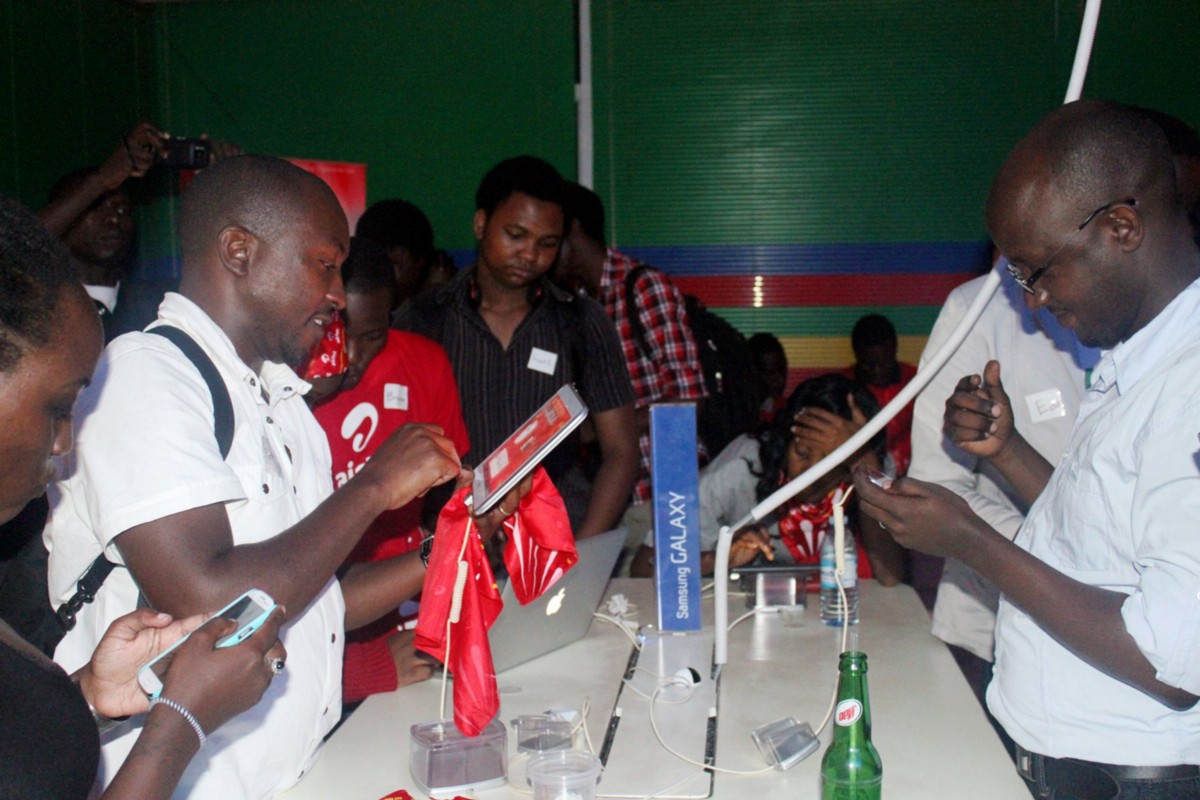
Daniel Okalany is the founder of Kola Studios, a local mobile game development company in Uganda. It’s most popular game is Matatu, which is a two player card game based on a local cards game in Uganda of the same name.
The game has about 200,000 down loads with about 68% of users coming from Uganda and others in Kenya, UAE, USA, Somalia, Rwanda and Tanzania.
“We take existing local games and we digitize them if they are not on a mobile phone,” said Okalany. “We also have our own original games like mosquito game and our catalogue has about eight games while traditional ones are four.”
Work starts with crafting an idea from a team member who fleshes out the story. The graphics designer then draws out the main character and different elements like colour.
The revenue stream for the company is mainly through adverts that are beautifully crafted into the actual mechanics of the game.
Success tips; Offer a compelling platform and update frequently
Okalany says mobile games are always competing, on average, against 25 other apps that users keep on their phones and routinely use.
He therefore says for a game to be successful and fetch financial returns, one should have a compelling platform, along one or more dimensions.
“The world has gone mobile and as such, games are competing not just with other games, but rather the entire entertainment and social messaging space,” he said.
He adds that successful games must be updated frequently to include additional levels, content, items, and characters, but also weekly, if not daily live events.
This he says helps keep the experience fresh and positions the game as one of those top 25 apps on a player’s phone.
****
editor@independent.co.ug
 The Independent Uganda: You get the Truth we Pay the Price
The Independent Uganda: You get the Truth we Pay the Price




